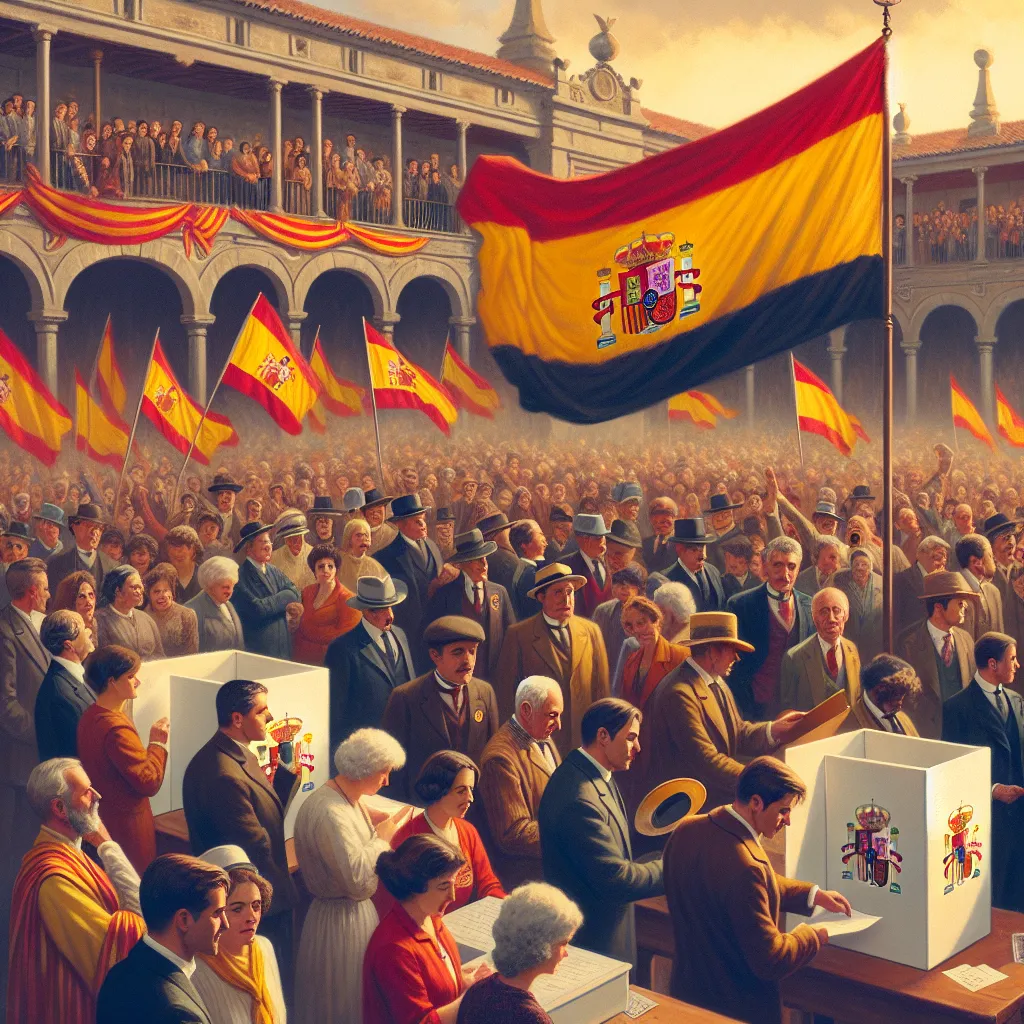Spanish Constitution Day: the first constitution and its nickname La Pepa - history and significance

December 6, 1978
The Spanish ratified the Constitution, which did not enter into force until December 29 of that year. This day is now celebrated as Constitution Day, one of Spain's most important holidays, which comes on the eve of the Christmas festivities. The purpose of this day is to celebrate the Spanish Constitution, which enshrines the rights and duties of every citizen. After the death of dictator Franco, a period of transition began that led to the first democratic elections in 1977.
March 19, 1812
was a turning point in Spanish history. While at war for independence, the Cortes of Cadiz, assembled on the island of Leon, adopted the country's first constitution. This document, officially known as the "Constitution of 1812" but affectionately nicknamed "La Pepa," established key principles such as separation of powers, equality before the law, and national sovereignty.
The nickname "La Pepa" has its roots in a curious story. It turns out that the day the constitution was adopted, March 19, coincides with St.
13 May 2025
14 May 2025

The Constitution of 1812 introduced revolutionary concepts for its time. National sovereignty, equality before the law, and limiting the power of the monarch brought significant changes to the political structure of the country. It also enshrined basic rights such as freedom of expression, private property, and the abolition of the Inquisition.
Although La Pepa had a brief existence and was abolished in 1814 after the restoration of absolutism, its influence remained in the collective consciousness of Spaniards. Its legacy came alive in the nineteenth century during periods of liberal struggles and movements, and later during the democratic transition of the twentieth century, when a new constitutional framework for the country had to be established.
Comment
Popular Posts
Popular Offers

Subscribe to the newsletter from Hatamatata.com!
Subscribe to the newsletter from Hatamatata.com!
I agree to the processing of personal data and confidentiality rules of Hatamatata













